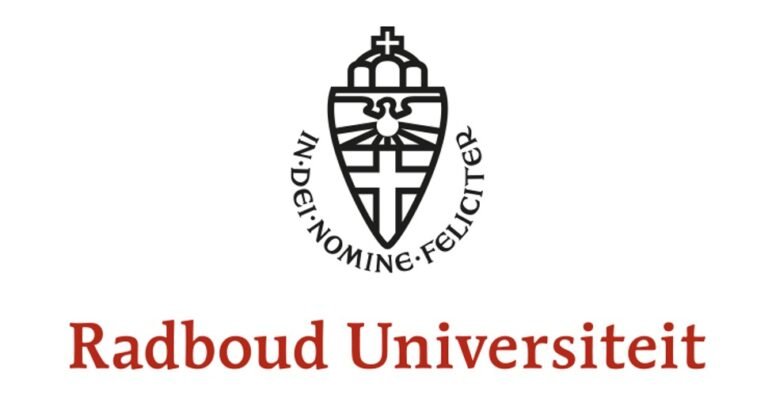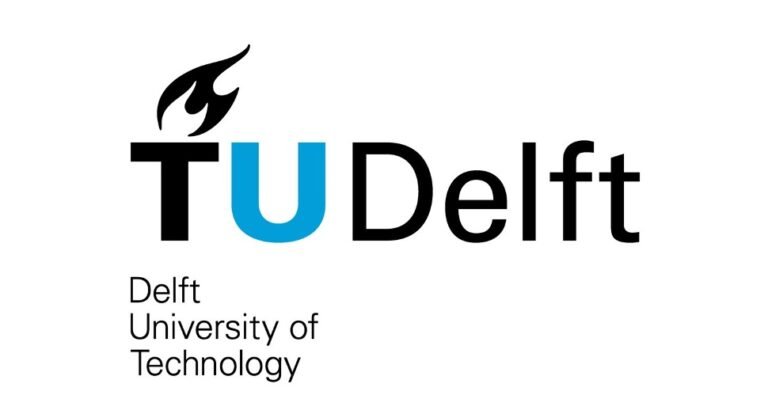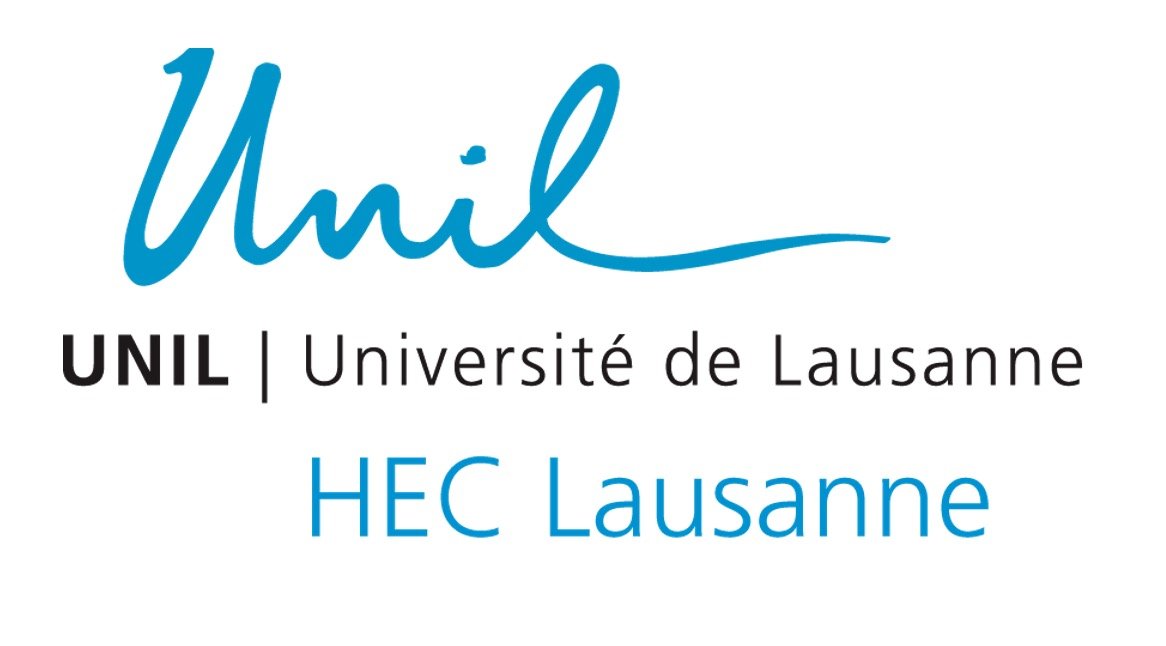The title of the funding project says it all: ’Quantitative Imaging that (white) Matters: taking biophysical modelling to clinical applications’. This research initiative aims to improve myelin water imaging (MWI) in the context of neurodegenerative, neuro-inflammatory and neurovascular diseases. As a PhD candidate, you will contribute to the development of fast, robust and clinically applicable MRI sequences for multi-compartment relaxometry using open-source, platform-agnostic language. These sequences will give us the right data to better decode brain tissue properties, using biophysical modelling.
In this project, you will work with an international and interdisciplinary team of leading experts to develop new imaging sequences and image reconstruction techniques for MWI. This work will be developed on an open-source platform (Pulseq for MR sequence development and BART for image reconstruction) that is compatible with multiple MRI vendors.
Your tasks will include:
- Sequence implementation.
- Creation of image reconstruction pipeline with integrated motion and physiology correction.
- Data acquisition at various sites with different field strengths (1.5T, 3T, and 7T) and scanner platforms (Siemens and Philips).
The focus will be on creating MR mapping methods that are: robust, self-navigated, maximally sensitive to myelin water variations, and can be deployed in the first instance on clinical trial sites as a gold-standard calibration system.
Your teaching load will be up to 10% of your working time.
Profile
- You should have a Master’s degree (or equivalent) in physics, biomedical engineering, medical imaging, or a related field. You have experience with programming in MATLAB, Python or a similar environment.
- You have strong analytical skills and the ability to work both independently and as part of a team.
- You have excellent communication skills in English (both written and oral).
- A strong background in MRI physics, sequence development and image reconstruction techniques is preferred.
We are
We are the MR Structural Quantitative Imaging group, a dynamic and collaborative research team at the forefront of MRI technology. As a team, we create new methods to obtain MR images that have units, can be compared across sessions and subjects, and whose values can be interpreted in the light of the right biophysical model.
In our team, you will have access to mentorship from leading experts in the field, including José P. Marques, Martijn Cloos, and Prof. David G. Norris (Donders Centre for Cognitive Neuroimaging). Additionally, you will have the opportunity to interact and conduct site visits to the groups of Dr Berkin Bilgic (Massachusetts General Hospital) and Prof. Maxim Zaitsev (University Hospital Freiburg).
Join us in pushing the boundaries of MRI technology and making a real impact on neurological healthcare.
Radboud University
At Radboud University, we aim to make an impact through our work. We achieve this by conducting groundbreaking research, providing high-quality education, offering excellent support, and fostering collaborations within and outside the university. In doing so, we contribute indispensably to a healthy, free world with equal opportunities for all. To accomplish this, we need even more colleagues who, based on their expertise, are willing to search for answers. We advocate for an inclusive community and welcome employees with diverse backgrounds, cultures, and perspectives. Will you also contribute to making the world a little better? You have a part to play.
If you want to learn more about working at Radboud University, follow our Instagram account and read stories from our colleagues.
Donders Institute for Brain, Cognition and Behaviour
The Donders Institute for Brain, Cognition and Behaviour is a world-class interfaculty research centre that houses more than 700 researchers devoted to understanding the mechanistic underpinnings of the human mind. Research at the Donders Institute is focused around four themes: 1. Language and communication, 2. Perception, action and control, 3. Plasticity and memory, 4. Neural computation and neurotechnology. Excellent, state-of-the-art research facilities are available for the broad range of neuroscience research that is being conducted at the Donders Institute. The Donders Institute has been assessed by an international evaluation committee as excellent and recognized as a ‘very stimulating environment for top researchers, as well as for young talent’. The Donders Institute fosters a collaborative, multidisciplinary, supportive research environment with a diverse international staff. English is the lingua franca at the Institute.
The mission of the Donders Centre for Cognitive Neuroimaging (DCCN) is to conduct cutting-edge fundamental research in cognitive neuroscience. Much of the rapid progress in this field is being driven by the development of complex neuroimaging techniques for measuring activity in the human brain – an area in which the Centre plays a leading role. The research themes cover central cognitive functions, such as perception, action, control, emotion, decision-making, attention, memory, language, learning and plasticity. The Centre also aims to establish how the different brain areas coordinate their activity with very high temporal precision to enable human and animal cognition. Our internationally renowned centre currently hosts more than 100 PhD candidates and postdoctoral researchers from more than 25 countries, offering a stimulating and multidisciplinary research environment. The centre is equipped with four MRI scanners (7T, 3x 3T), a 275-channel MEG system, an EEG-TMS laboratory, several (MR-compatible) EEG systems, and high-performance computational facilities.
We offer
- We will give you a temporary employment contract (1.0 FTE) of 1,5 years, after which your performance will be evaluated. If the evaluation is positive, your contract will be extended by 2.5 years (4-year contract).
- You will receive a starting salary of €2,901 gross per month based on a 38-hour working week, which will increase to €3,707 in the fourth year (salary scale P).
- You will receive an 8% holiday allowance and an 8,3% end-of-year bonus.
- You will be able to use our Dual Career and Family Support Service. The Dual Career Programme assists your partner via support, tools, and resources to improve their chances of independently finding employment in the Netherlands. Our Family Support Service helps you and your partner feel welcome and at home by providing customised assistance in navigating local facilities, schools, and amenities. Also take a look at our support for international staff page to discover all our services for international employees.
- You will receive extra days off. With full-time employment, you can choose between 30 or 41 days of annual leave instead of the statutory 20.
Additional employment conditions
Work and science require good employment practices. Radboud University’s primary and secondary employment conditions reflect this. You can make arrangements for the best possible work-life balance with flexible working hours, various leave arrangements and working from home. You are also able to compose part of your employment conditions yourself. For example, exchange income for extra leave days and receive a reimbursement for your sports membership. In addition, you receive a 34% discount on the sports and cultural activities at Radboud University as an employee. And, of course, we offer a good pension plan. We also give you plenty of room and responsibility to develop your talents and realise your ambitions. Therefore, we provide various training and development schemes.
Practical information and applying
You can apply only via the button below. Address your letter of application to José Marques. In the application form, you will find which documents you need to include with your application.
The first interviews will take place on 15 February. Starting date is 1 March, but there is flexibility until June 2025.
We can imagine you’re curious about our application procedure. It describes what you can expect during the application procedure and how we handle your personal data and internal and external candidates.





